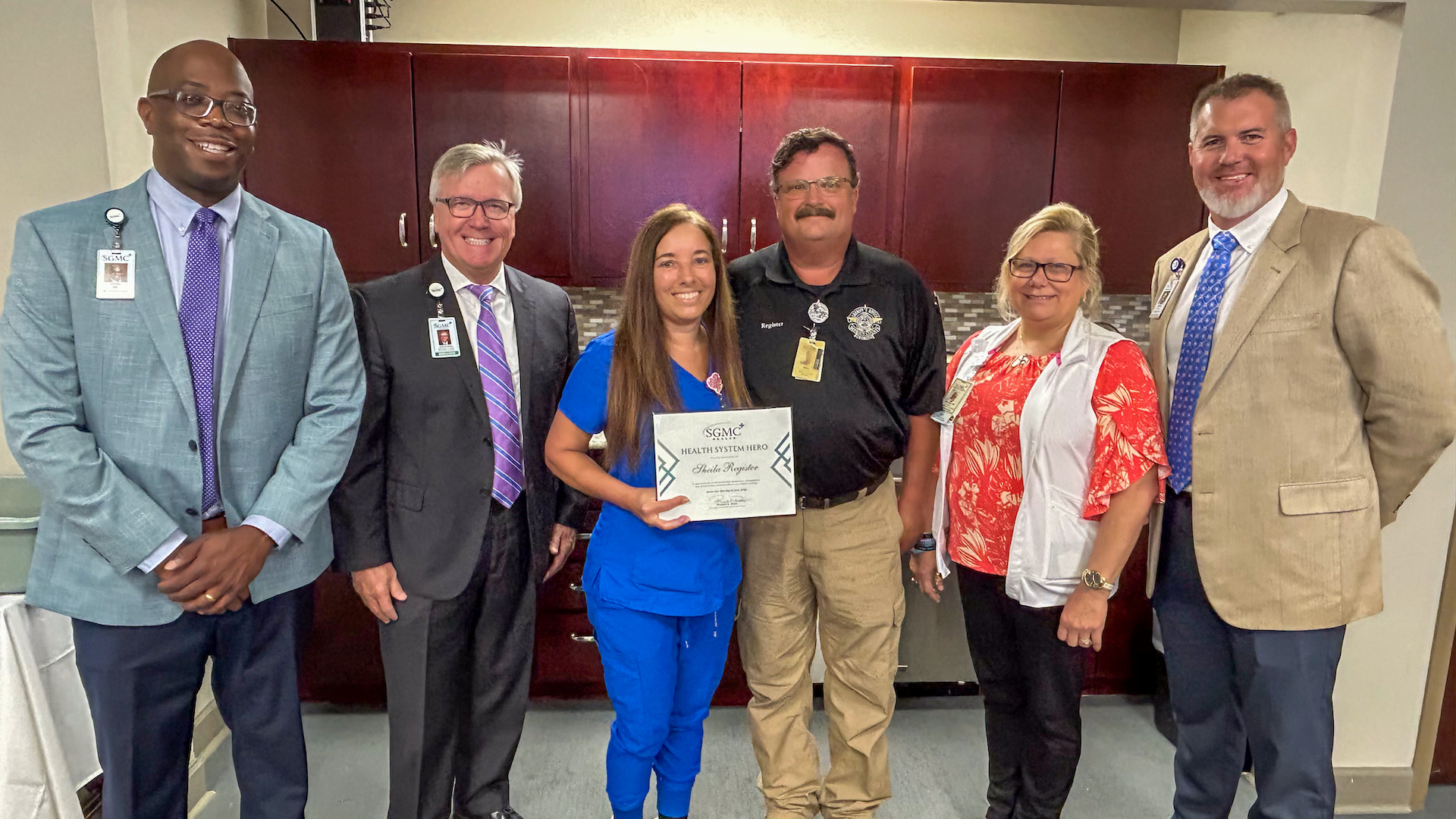BURTON FLETCHER: The urgency of responsible pet ownership
Published 7:02 am Friday, June 27, 2025

- Tara B. Parker is photographed with Hippie, her family’s latest rescue dog. Hippie — whose full name is Couch Hippopotamus Maximum — was saved from a backyard breeder in Coffee County during Hurricane Helene. A rescue group brought the dog and her puppies to safety from the harsh conditions, and Parker adopted her two months later. (Submitted photo)

Burton Fletcher
In 2024 alone, over 33,000 dogs and cats were euthanized in publicly funded animal control facilities across Georgia. This staggering statistic highlights a dire and growing epidemic of pet overpopulation that demands immediate attention from current and prospective pet owners.
Animal rights activist and rescuer Tara B. Parker has illuminated this crisis’s pressing issues, emphasizing the emotional and logistical exhaustion rescuers, donors, volunteers, and shelters face.
As the struggle for animal welfare intensifies, pet owners must act responsibly and compassionately in the face of overwhelming circumstances.
The crisis of owner surrenders
One of the most harrowing aspects of this situation is the truth surrounding owner surrenders. Many believe that surrendering a pet to a shelter gives the animal a chance of finding a new family. However, Parker poignantly points out that, in reality, these owner surrenders are often the first to be euthanized when shelters are forced to make difficult decisions due to overcrowding.
This misconception further exacerbates the existing problem, as owner surrenders are viewed as expendable compared to lost or unclaimed pets, which are given priority in shelters.
The grim reality is stark: over 33,000 animals lost their lives in 2023 due to a lack of available adopters.
Essential actions
To combat this crisis effectively, Parker outlines several essential actions that pet owners can take to ensure the well-being of their animals and the broader animal community.
The first imperative is spaying and neutering all pets, particularly before rehoming. Preventative measures like these are crucial to curbing the cycle of overpopulation.
Fortunately, numerous low-cost programs can assist pet owners in managing these expenses.
Creativity in finding new homes
Moreover, creativity and tenacity play vital roles in finding new pet homes. Parker encourages pet owners to take high-quality photos and videos of their animals and leverage their networks — friends, family, colleagues, and social media platforms — to spread the word about pets needing homes.
Additionally, breed-specific rescues provide valuable resources, especially for pets that fit specific breed criteria.
Diligence in screening adopters
However, diligence is paramount in the search for suitable adopters. Pet owners should take the time to screen potential adopters rigorously, ensuring they have a stable living situation and the financial means to provide proper care.
Asking for veterinary references and conducting home visits can help ensure that the animals will be well cared for in their new homes.
Conclusion
In conclusion, Tara B. Parker’s insights serve as a clarion call for pet owners and the community at large to take responsibility for the welfare of animals.
By understanding the realities of pet ownership, actively participating in spaying and neutering programs, creatively searching for new homes, and diligently screening potential adopters, individuals can profoundly impact the growing problem of pet overpopulation.
It is only through collective action and responsible behavior that we can hope to reduce the heartbreaking statistics of euthanasia and ensure a brighter future for animals in our care.
Burton Fletcher, JD, MBA, is a writer, freelance columnist, attorney, and servant leader. He is the president of the Burton Fletcher Foundation for Animals, a Green Jacket Ambassador for the Valdosta-Lowndes County Chamber of Commerce, a member of the Board of the local American Red Cross, and a member of the National Alliance on Mental Illness.





